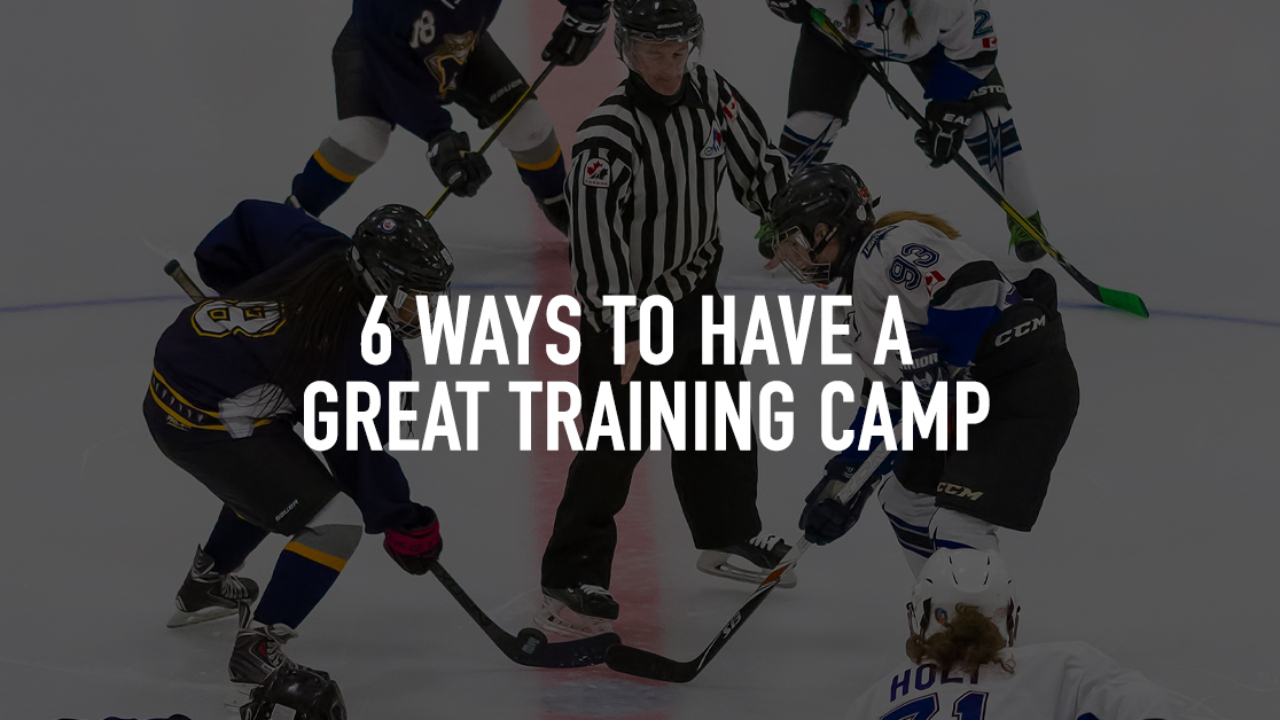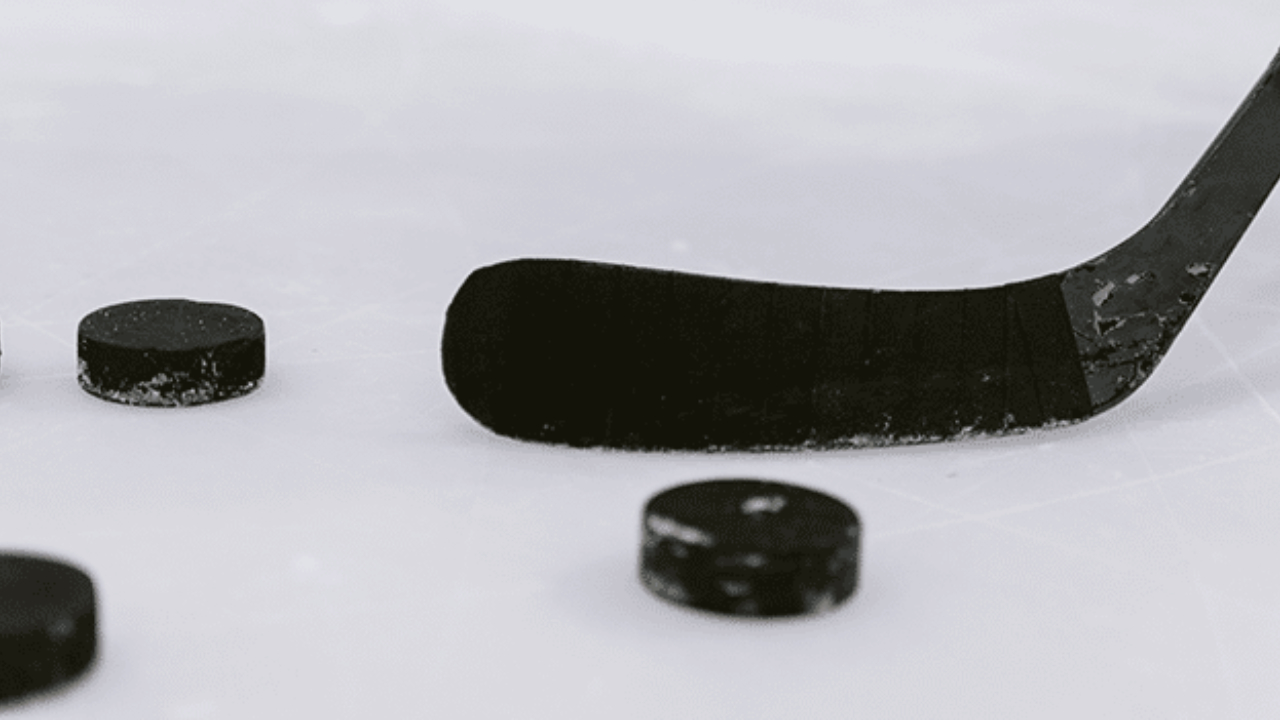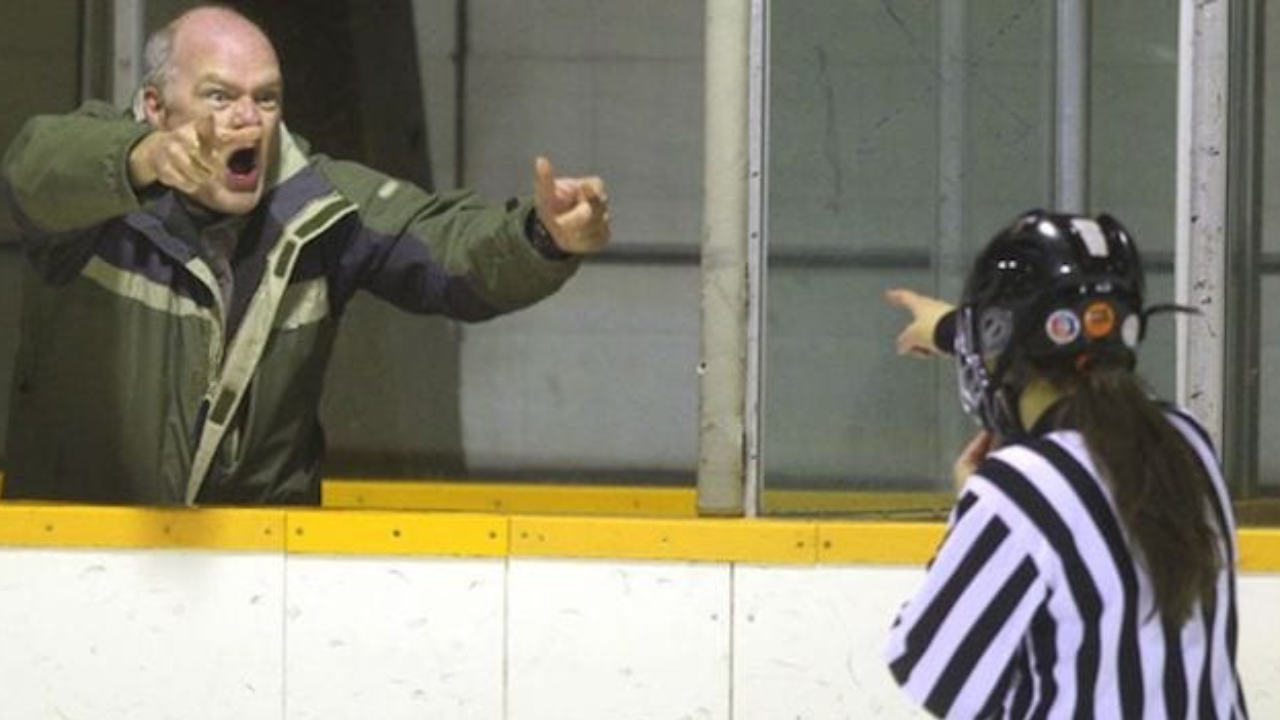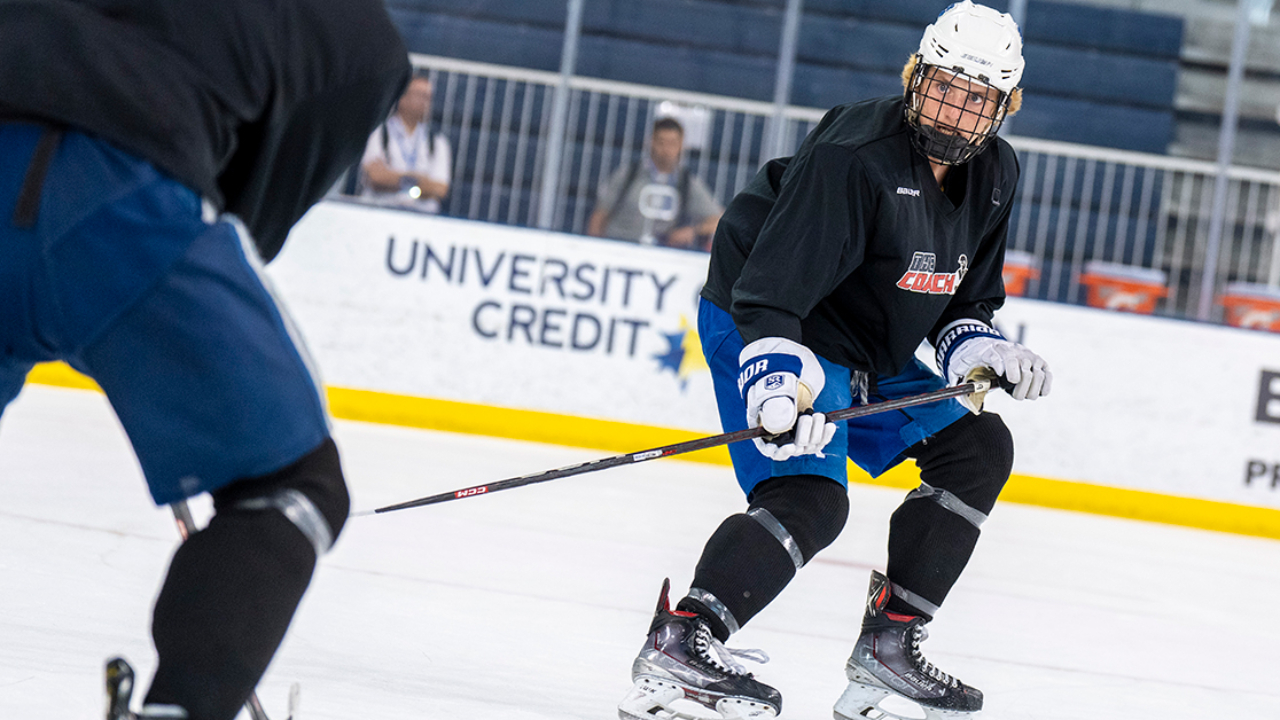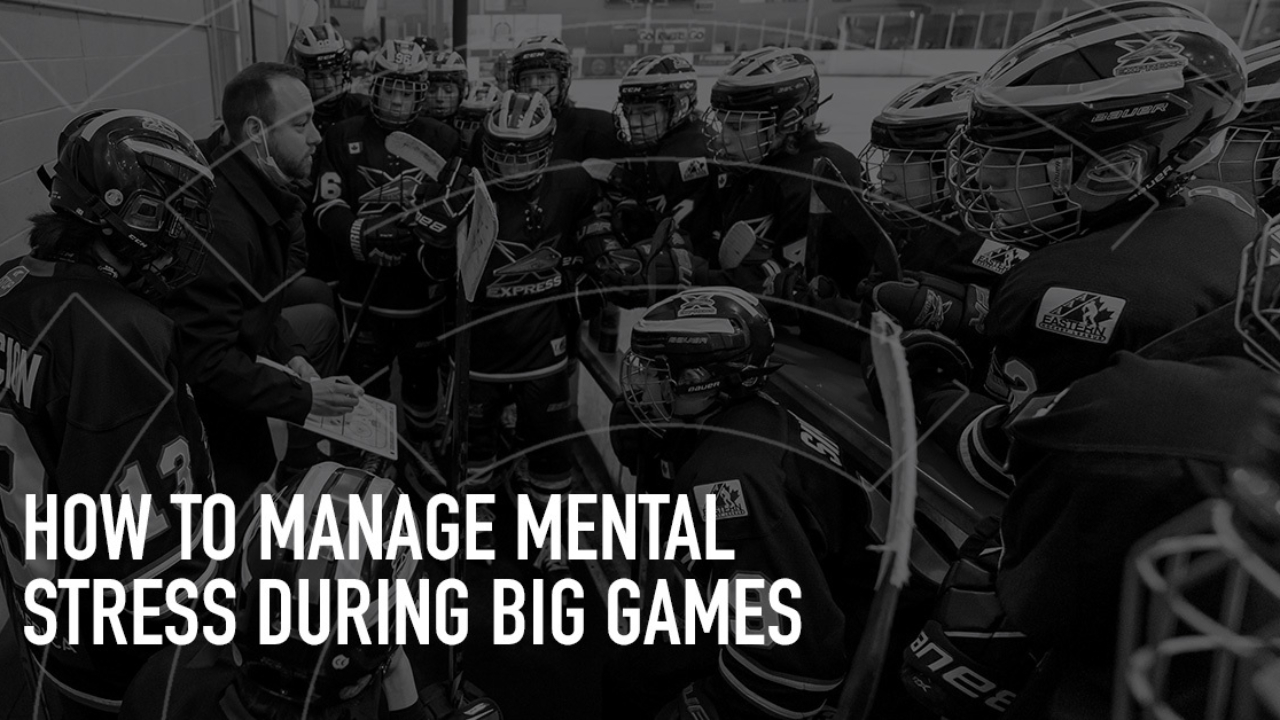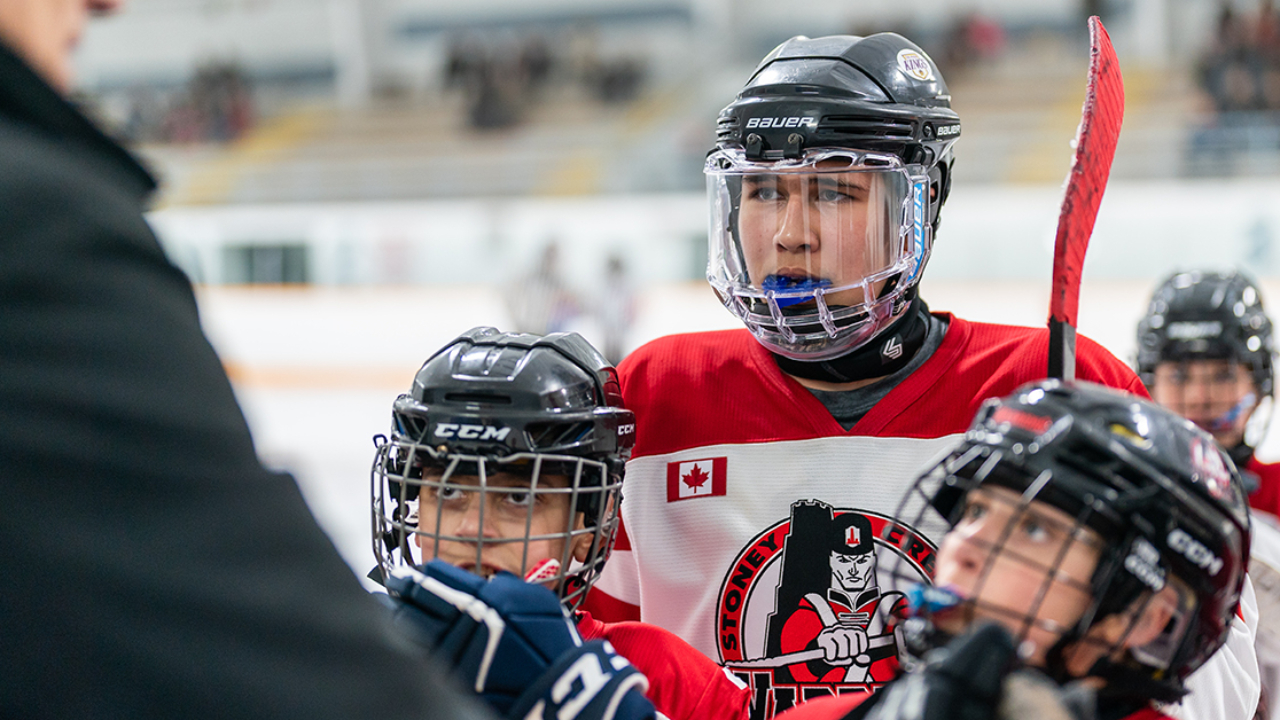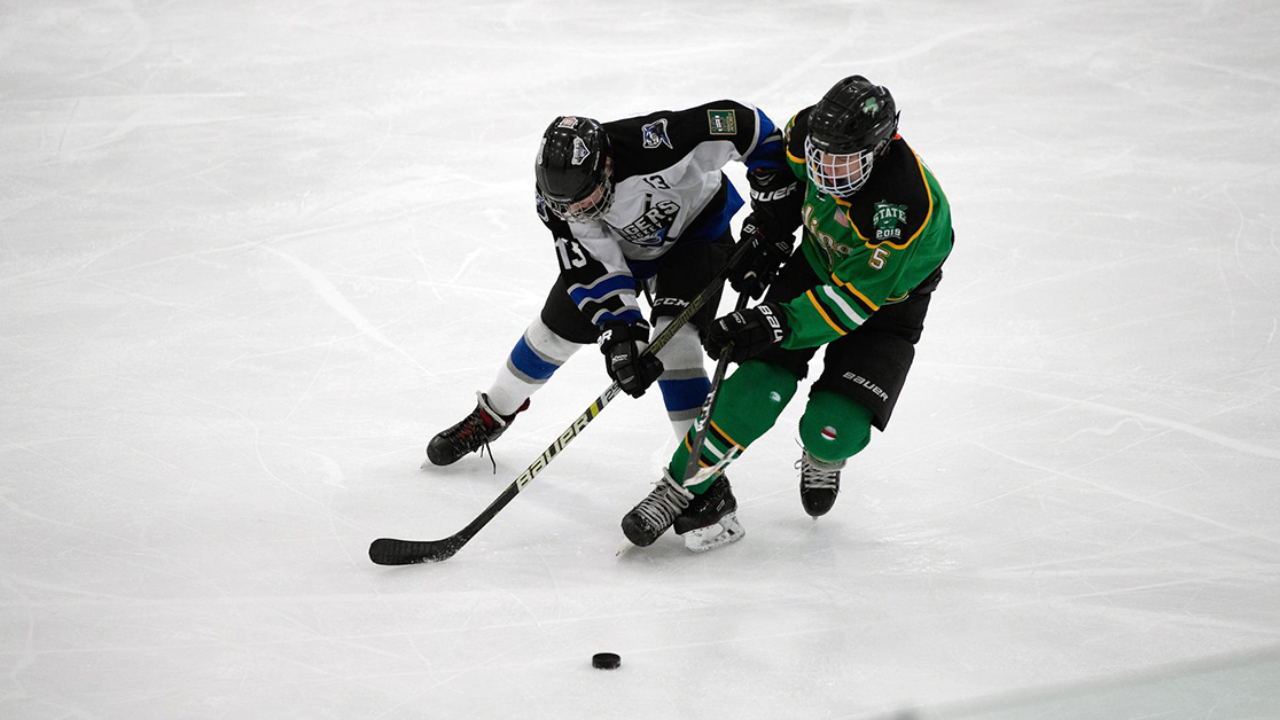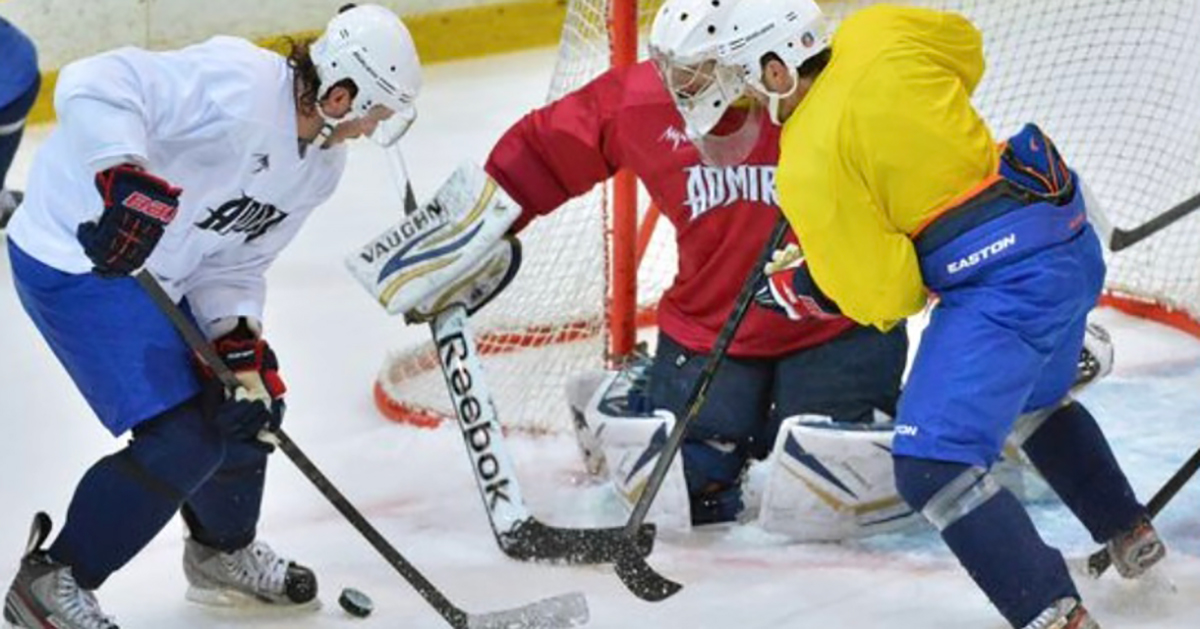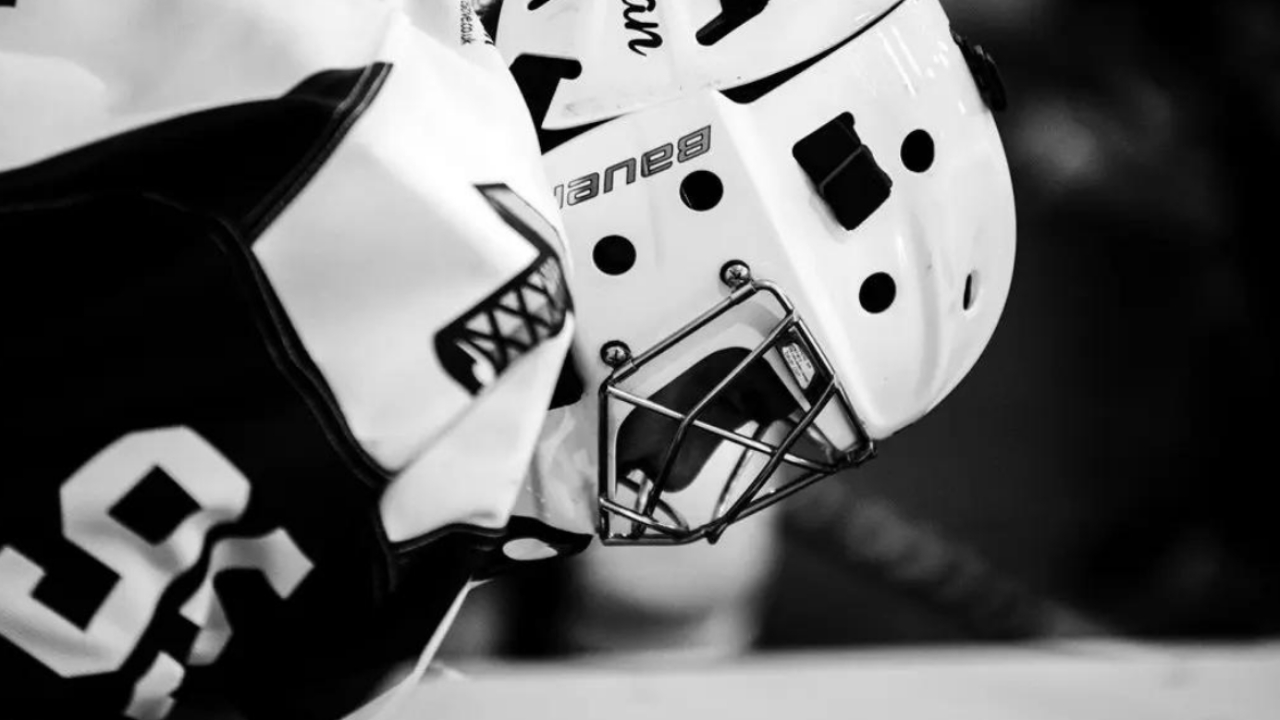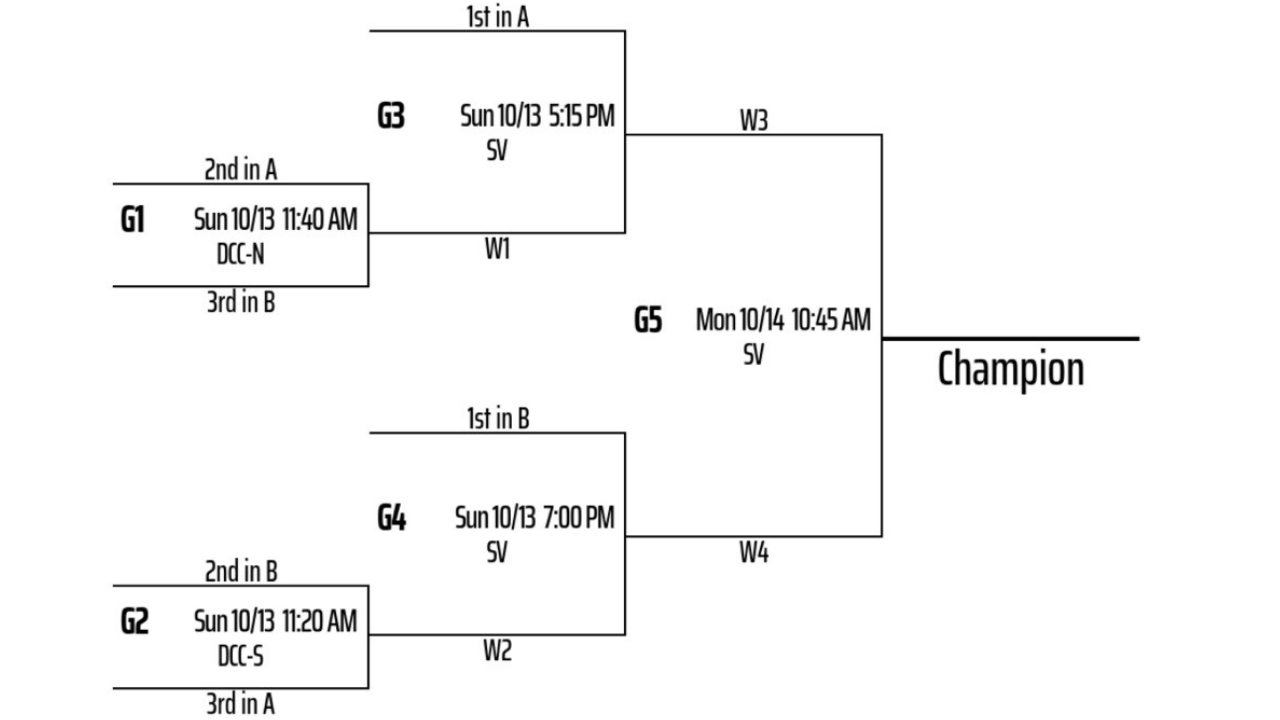
In hockey, a game defined by speed, physicality, and intense competition, emotions often run high. It’s not uncommon to see players slam their sticks, scream in frustration, or engage in heated confrontations with teammates, coaches and referees. For years, the idea of using anger or negativity as fuel for performance has been romanticized. Coaches, athletes, and fans alike have attributed success to tapping into these emotions, claiming that rage can drive players to reach new levels of intensity. However, the truth is that relying on negative emotions like anger to enhance performance is more likely to lead to failure.
The Illusion of Control
When you’re angry, it may feel like you’re tapping into an endless source of energy and power. This illusion of control can make athletes believe that they are performing at a higher level, but in reality, anger often clouds judgment and impairs decision-making. Hockey is not just about raw physicality—it’s a game that requires split-second decisions, strategic plays, and the ability to adapt to constantly changing situations on the ice. When anger takes over, players are more likely to make impulsive choices that lead to penalties, mistakes, and breakdowns in play.
Hockey is Already Intense
Hockey is inherently intense, and players are constantly navigating high-stakes scenarios filled with pressure and anxiety. In this environment, emotions are already running high. Adding unchecked anger into the mix only compounds the mental and physical demands, pushing players to the brink of burnout or injury. The game itself provides enough fuel in the form of competition, adrenaline, and team chemistry using emotions like anger only disrupts the delicate balance needed to succeed.
The Science Behind Anger and Performance
Numerous studies in sports psychology have shown that anger, while it can provide a short-term burst of energy, ultimately hampers overall performance. Anger leads to tunnel vision, where players become fixated on specific situations, opponents, or mistakes. This fixation causes them to lose sight of the bigger picture, ignoring key aspects of the game like positioning, communication, and teamwork. Over time, the physical effects of anger—such as increased muscle tension and elevated heart rates—can also lead to decreased coordination, slower reaction times, and higher fatigue levels.
In contrast, athletes who maintain calm, focused mindsets are better equipped to handle the chaos and pressure of the game. They can process information more effectively, make smarter decisions, and perform consistently across all areas of play. Rather than being reactionary, they are proactive—able to anticipate their opponent’s next move and stay ahead of the game.
Negativity Can Be a Trap
It’s important to note that while anger is one of the more extreme negative emotions, other forms of negativity such as frustration, self-doubt, and pessimism are equally detrimental to performance. These emotions create mental barriers that inhibit growth and success. The more a player focuses on what’s going wrong, the harder it becomes to execute even the most basic aspects of their game.
Some may argue that negativity can help breed success in certain situations by pushing athletes to overcome challenges. However, this mindset is short-lived. Success in hockey, like in any sport, comes from consistent preparation, discipline, and focus. Using negativity as motivation often leads to unsustainable highs and devastating lows, leaving players mentally drained and unable to recover in critical moments.
Emotional Intelligence on the Ice
The most successful hockey players aren’t the ones who let anger or frustration control them—they’re the ones who know how to manage their emotions effectively. Emotional intelligence plays a significant role in maintaining high performance under pressure. Athletes who are aware of their emotions and understand how to channel them productively are better equipped to stay focused, resilient, and adaptable in the face of adversity.
Instead of viewing anger as fuel, athletes should focus on controlling their emotional responses and adopting a mindset of calm determination. By reframing challenges as opportunities and staying solution-oriented, players can maintain peak performance without succumbing to emotional volatility.
Control Is Key
In a game as fast-paced and physically demanding as hockey, performance hinges on precision, teamwork, and mental fortitude. While negative emotions like anger may provide a fleeting sense of power, they are ultimately counterproductive. The key to success lies not in letting emotions drive performance but in mastering them. Players who remain calm, focused, and controlled in the face of intense pressure are the ones who will truly excel, both individually and as part of a team.

